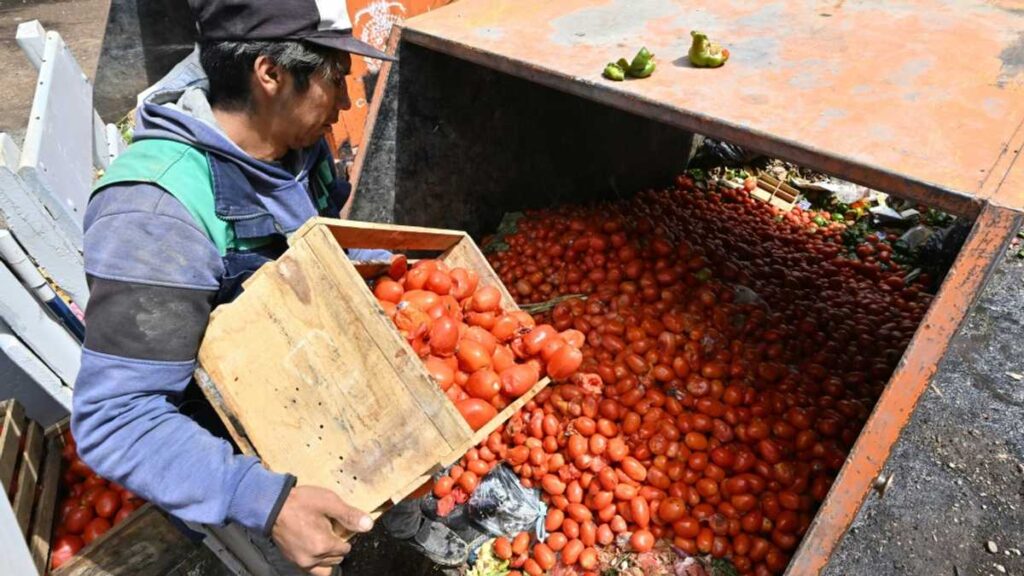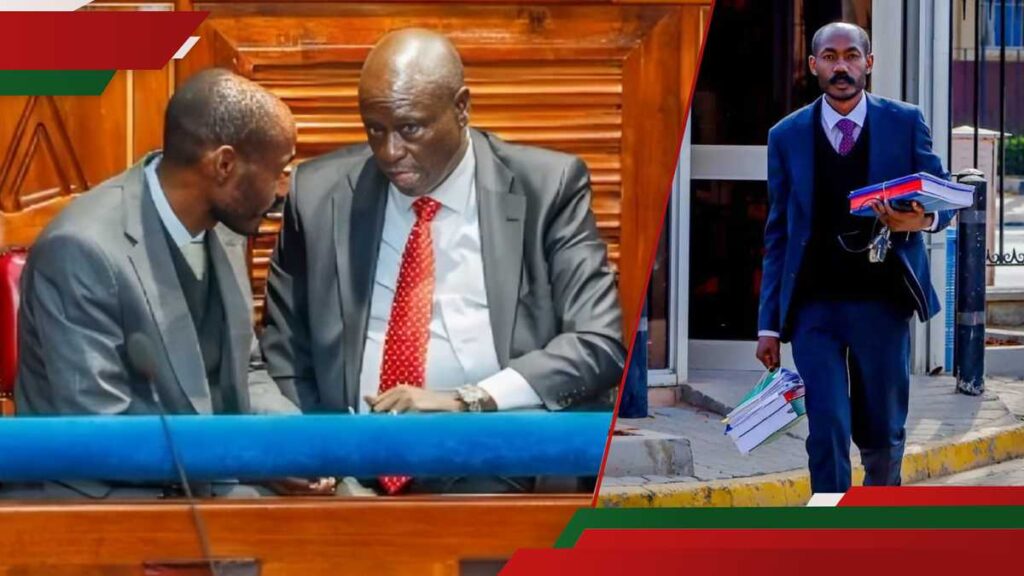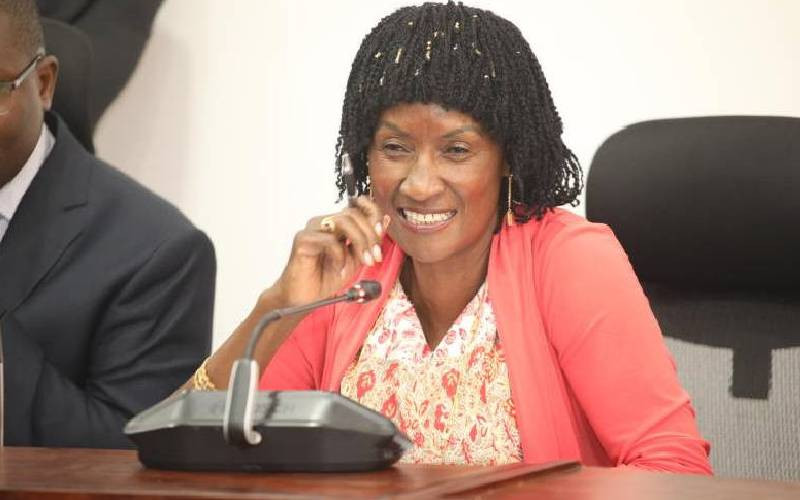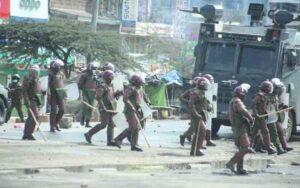Kenya National Chamber of Commerce and Industry (KNCCI) has warned that protests are costing Kenya nearly a third of its daily economic output, pushing businesses to the brink as traders face mounting losses and insecurity.
KNCCI estimates that protests on Monday, July 7, and on June 17 and 25 led to Sh10 billion in losses in Nairobi alone, with many businesses forced to close as National Police Service (NPS) officers blocked roads to the Central Business District (CBD).
“We generate about Sh30 billion daily, so a loss of Sh10 billion means we lose nearly a third of the economy on protest days,” noted KNCCI President Eric Rutto during an interview on Standard Group’s Spice FM.
Rutto explained that traders are incurring unexpected expenses including hiring guards, reinforcing doors and moving stock to safer areas to protect their businesses from looters during protests.
During the Saba Saba protests on July 7, parts of Nairobi witnessed destruction of property and looting, with businesses in the CBD reporting break-ins and vandalism by individuals who infiltrated demonstrations.
“As the private sector, we have to provide security for ourselves. That is why some traders in Nairobi have hired guards with sticks, others even with crude weapons,” observed Rutto.
“We support peaceful protests, but goons riding on genuine protests must be stopped,” he added.
He argued that political tensions have worsened long-standing challenges such as the high cost of doing business in Kenya adding that it could erode investor confidence further.
“The government should create a conducive environment. If we continue with high-octane politics to a point of impeaching a Deputy President, the effect will be a loss of confidence,” explained Rutto.
KNCCI urged the government to address issues raised by Kenyans, including pending bills, multiple levies on products, high interest rates and strict requirements by bodies such as the Kenya Revenue Authority (KRA) and the Central Bank of Kenya (CBK).
“People must climb down from the big offices. We must have conversations across the country,” added Rutto.
He also called for the promotion of manufacturing to create jobs and support local communities supplying raw materials to industries.

























